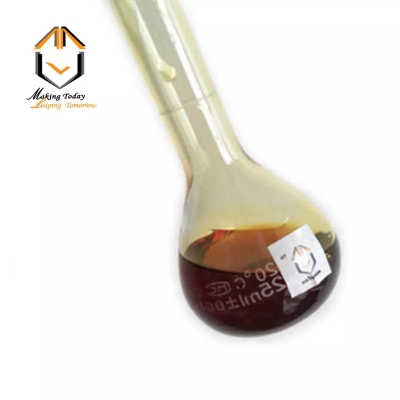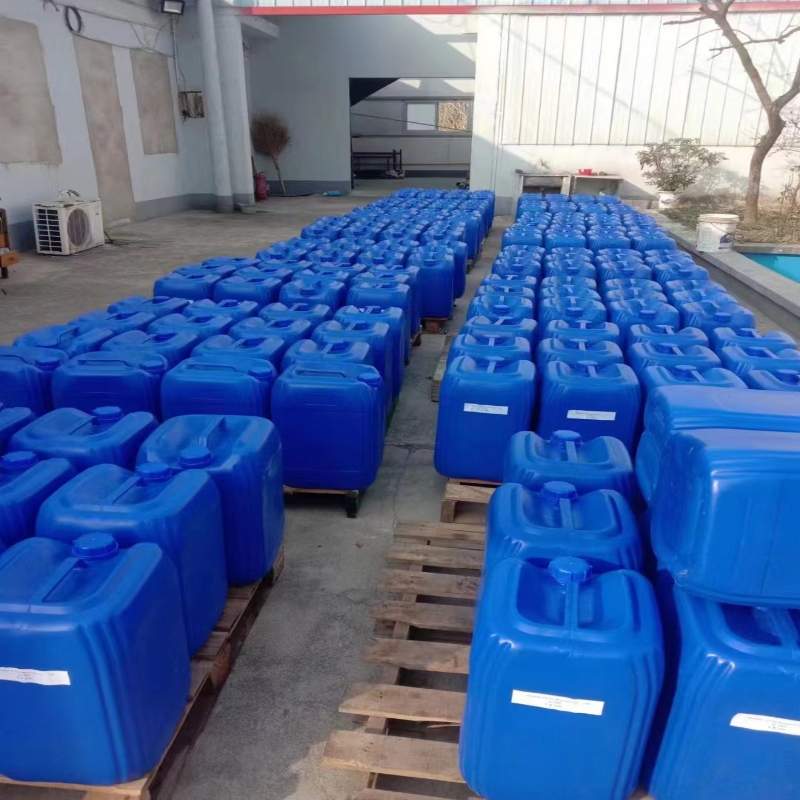-
Categories
-
Pharmaceutical Intermediates
-
Active Pharmaceutical Ingredients
-
Food Additives
- Industrial Coatings
- Agrochemicals
- Dyes and Pigments
- Surfactant
- Flavors and Fragrances
- Chemical Reagents
- Catalyst and Auxiliary
- Natural Products
- Inorganic Chemistry
-
Organic Chemistry
-
Biochemical Engineering
- Analytical Chemistry
-
Cosmetic Ingredient
- Water Treatment Chemical
-
Pharmaceutical Intermediates
Promotion
ECHEMI Mall
Wholesale
Weekly Price
Exhibition
News
-
Trade Service
According to the US political news website Politico on November 29, US diplomats have joined the European Union's discussion on setting a price cap on Russian oil and trying to persuade some member states to agree to a price cap
of $62.
The European Commission this week proposed capping the price of Russian oil at $62 a barrel, down from its initial recommendation of $65 to $70
.
But EU members Poland, Estonia and Lithuania still insist that agreement on prices below $62 is needed to reduce Russia's oil revenues
.
According to EU diplomats, Washington is reaching an agreement
with Poland through direct communication with the EU.
Another diplomat stressed that the U.
S.
communication with the European Union on the price cap was just an exchange of facts and opinions, "not an attempt to exert pressure.
"
According to Estonian National Radio and Television (ERR), US Treasury Secretary Janet Yellen has previously spoken
with Estonian Prime Minister Kaya Kallas on the issue.
Latvia, Lithuania, Poland and Estonia have received commitments from the European Commission to begin consultations
on a new sanctions package against Moscow at the end of this week, three senior EU diplomats said.
Apart from the fact that new individuals will be added to the list, it is not clear what specific sanctions will be the new package
.
Russian President Vladimir Putin has previously said that Russia will not export anything
abroad if it goes against its own interests.
Russian Deputy Prime Minister Novak also said that Russia will not supply oil and petroleum products to those countries that support the price limit on Russian oil, and Russia refuses to supply oil
to the outside world under non-market conditions.







